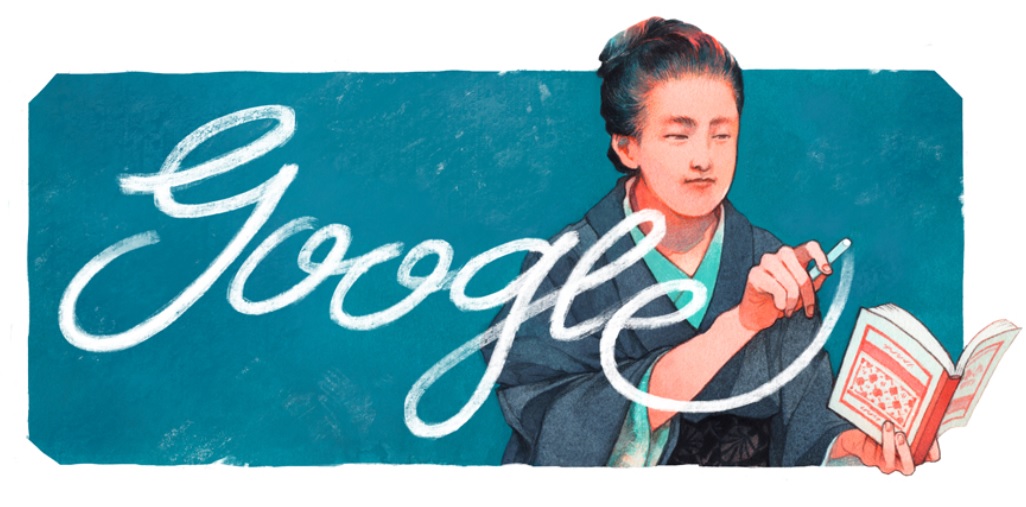Tsuda Umeko: Google’s tribute to Japanese educator who pioneered women education

- Country:
- Japan
Google today dedicates a beautiful doodle to Umeko Tsuda, a renowned Japanese educator, Christian, and pioneer in education for women in Meiji period Japan.
Tsuda Umeko was born on December 31, 1864 in the Ushigome neighborhood of Edo. He was the daughter of Tsuda Sen and his wife Hatsuko. Her father Tsuda Sen was a politician, educator and writer in Meiji period Japan. He was one of the founders of Aoyama Gakuin University.
Umeko Tsuda was sent at just seven years to the United States to study American culture. She lived in Washington DC with Charles Lanman (the secretary of Japanese legation), and his wife Adeline. As they had no children, they welcomed her like their own child. She attended the middle-class Georgetown Collegiate School, where she learned English. After graduating, she entered the Archer Institute, which catered to the daughters of politicians and bureaucrats. She excelled in language, math, science, and music, especially the piano.
She returned to Tokyo after 10 years and became an English teacher, but she was disillusioned with the limited educational opportunities afforded to the country’s women at that time. She had almost forgotten her native Japanese language that caused temporary difficulties. The Prime Minister of Japan, Itō Hirobumi hired her to be a tutor for his children. She spent for six years in Japan while also working in a girls’ school but was not satisfied with the school policy that education was intended to polish girls as ladies and train them to be obedient wives and good mothers.
Tsuda Umeko returned to the US to attend Bryn Mawr College in Philadelphia, where she became inspired to commit her life to the improvement of women’s higher education in her home country. There she majored in biology and education. She also studied at St Hilda's College, Oxford.
During Tsuda Umeko’s second stay in the US, she decided that other Japanese women should have the opportunity to study overseas as well. She made numerous public speeches about Japanese women's education and raised $8,000 in funds to establish a scholarship for Japanese women.
Later she returned to Japan and taught at Peeresses' School, as well as at Tokyo Women's Normal School. She published several dissertations and made speeches about improving the status of women.
In 1900, with the help of her friends Princess Ōyama Sutematsu and Alice Bacon, she founded the Joshi Eigaku Juku (Women's Institute for English Studies) located in Kōjimachi, Tokyo to provide equal opportunity for a liberal arts education for all women regardless of parentage. She later changed her name to Tsuda Umeko in 1902. She became the first president of the Japanese branch of the Tokyo YWCA in 1905.
Umeko Tsuda died on August 16, 1929, at the age of 64 after suffering a stroke. Her grave is on the grounds of Tsuda College in Kodaira, Tokyo.
Tsuda Umeko was fought for social reform for women and opposed women’s suffrage movement. Her activities were based on her philosophy that education should focus on developing individual intelligence and personality. Tsuda Umeko will be featured on new Japanese banknotes to be issued in 2024. Google pays tribute to the great Japanese education women pioneer with a mesmerizing doodle.
Also Read: Emilio Aragón Bermúdez (Miliki): Google doodle on Spanish clown, accordionist, singer
- READ MORE ON:
- Tsuda Umeko
- Umeko Tsuda
- Japan
- Google doodle










